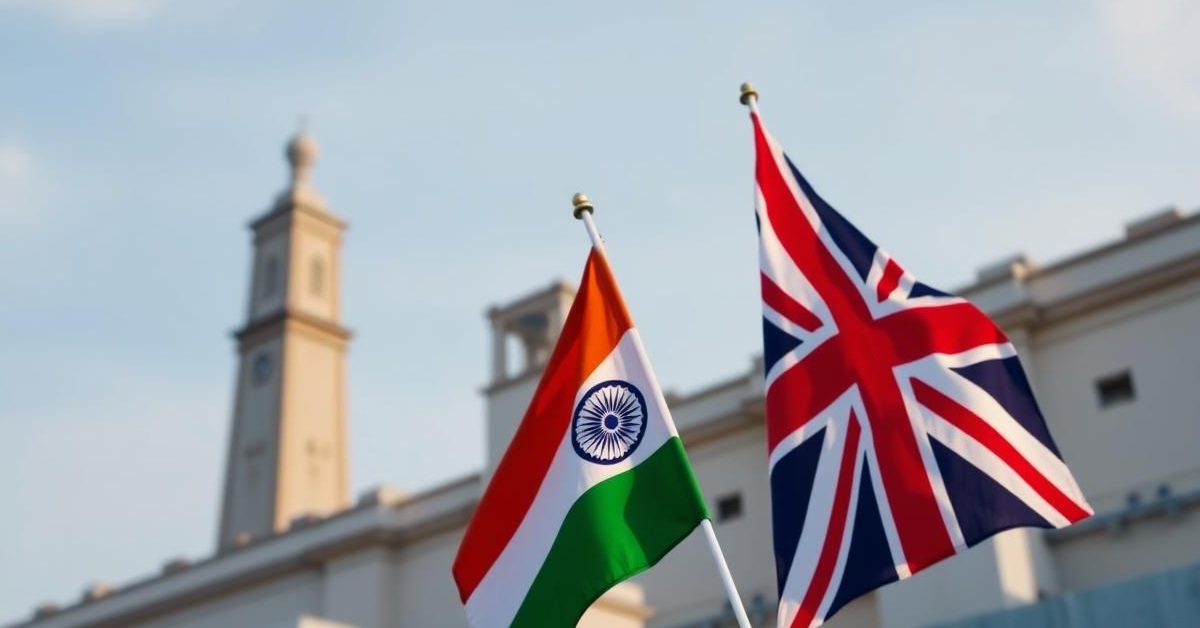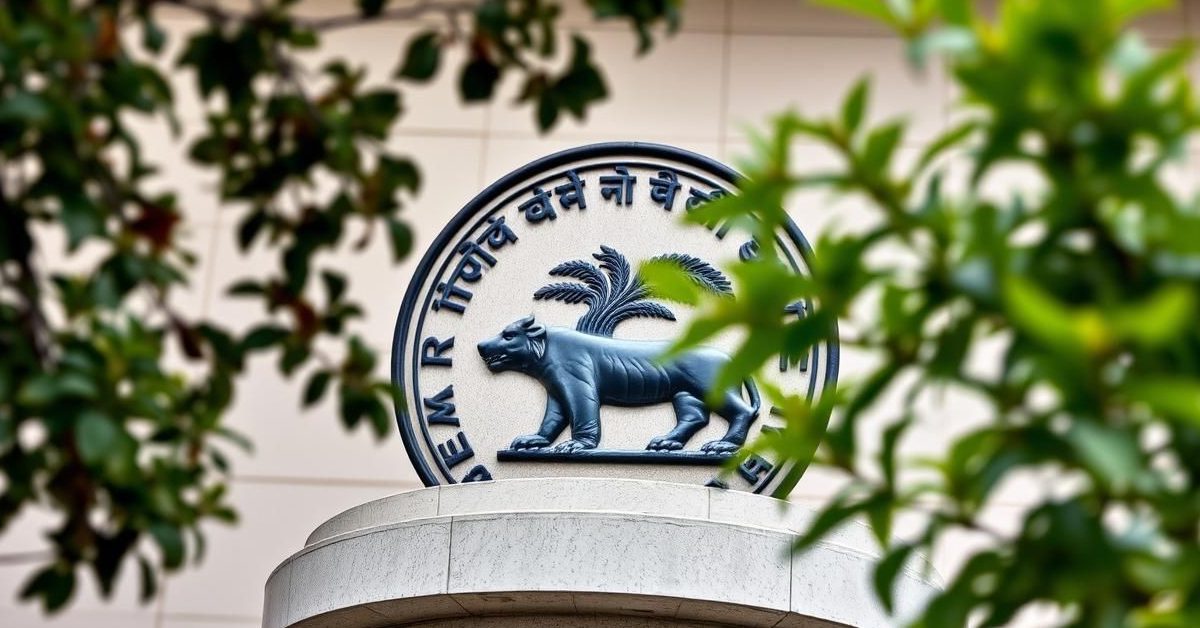India’s Commerce Minister Piyush Goyal has hailed the India-UK trade deal as a “gold standard” for future agreements, emphasizing that it opens new business avenues for India while safeguarding crucial domestic sectors. However, he also made it clear that India would retaliate if the UK’s upcoming carbon tax negatively impacts India’s export interests.
India-UK Trade Deal: A Benchmark for Future Pacts
Minister Goyal highlighted that the India-UK free trade agreement (FTA) is designed to give Indian industries a preferential edge over competitors. He believes this deal can set a precedent, ensuring India protects its sensitive sectors while simultaneously fostering growth in labor-intensive industries and welcoming high-quality goods and technology from the UK.
According to Goyal, this agreement offers significantly greater opportunities for India compared to many of its existing FTAs. He noted that the UK would primarily supply products that India currently has in short supply, creating a mutually beneficial arrangement.
Addressing Concerns Over the UK’s Carbon Tax (CBAM)
A key point of discussion is the UK’s Carbon Border Adjustment Mechanism (CBAM), set to begin in 2027. There were concerns that this carbon tax could cancel out the tariff concessions India might receive under the trade deal.
Goyal stated that since CBAM is not yet in effect, it couldn’t be fully addressed within the FTA. However, he firmly asserted India’s sovereign right to respond if its export interests are harmed, promising a proportionate “rebalance” or “retaliation” to any unilateral measure.
India has already conveyed its strong concerns about CBAM through diplomatic channels, though this “rebalancing” mechanism is reportedly not part of the final legal text of the agreement. The Indian Express had previously reported that CBAM was a significant sticking point in negotiations, with India proposing a compensation mechanism that the UK likely did not accept.
Paving the Way for Critical Minerals Cooperation
Beyond trade, India and the UK are also focusing on critical minerals. Minister Goyal noted that both countries face the common challenge of supply chain concentration in specific regions. They plan to collaborate on this issue to ensure greater security and diversification.
The India-UK Vision 2035 document outlines broader cooperative goals, including joint efforts in cutting-edge technology, research, future telecoms, artificial intelligence, and critical minerals. To further this cooperation, both nations intend to establish a UK-India Critical Minerals Guild, aiming to transform financing standards and innovation in this vital sector.
Safeguarding India’s Sensitive Sectors
A significant achievement of the FTA, as emphasized by Minister Goyal, is the complete protection of India’s sensitive sectors. This includes crucial areas like dairy, rice, and sugar, which will not be opened up to the UK.
Conversely, the agreement is expected to significantly boost India’s exports of labor-intensive products such as footwear, textiles, and gems and jewellery. Goyal described the agreement as “phenomenal” due to its “zero compromise” on sensitive areas and extensive benefits for India.
- The India-UK trade deal aims to provide preferential access for Indian industries while protecting sensitive sectors like dairy and rice.
- India will “rebalance” or “retaliate” if the UK’s Carbon Border Adjustment Mechanism (CBAM) negatively impacts its export interests.
- Both countries plan to collaborate on critical minerals and cutting-edge technologies like AI and future telecoms.
- The agreement is expected to boost India’s exports of labor-intensive goods, including footwear and textiles.
This comprehensive agreement marks a new chapter in trade relations between India and the UK, setting a potential blueprint for future international collaborations.














